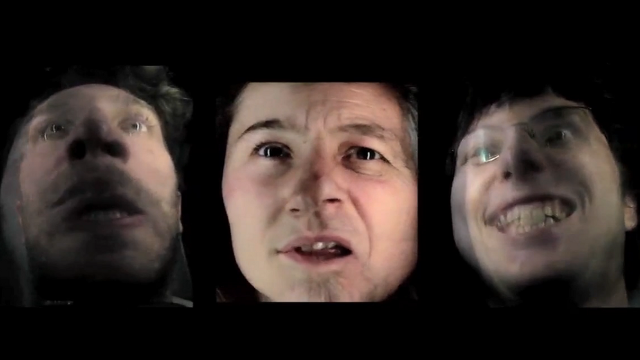
Human solider Jake Sully jacks his mind into an alien body in order to spy on the real aliens, but ends up developing so much sympathy for them that he defects. The fact that his Na'vi body is physical and not virtual is an invention of moviemaker James Cameron for the sci-fi film Avatar--but everything else about Jake's experience lines right up with modern psychology.
Researchers at Stanford's Virtual Human Interaction Lab have found it's very easy for people to inhabit virtual bodies, even if those bodies bear little resemblance to their own. They readily cue their behavior off the appearance of their avatars; for example, those inhabiting taller avatars negotiate more aggressively. Nick Yee, now a researcher at the Palo Alto Research Center, calls this influence "The Proteus Effect." Most striking, these behaviors bleed over into ordinary life. Even short people who inhabited a tall avatar will be more aggressive in face-to-face interactions.
Virtual avatars are one thing. But what about real bodies? Would identifying with another person's body make you behave more like that person? If the body belongs to a different gender, age, or ethnicity than yours, would you become more empathic to others in that group?

This idea may seem confined to realm of science fiction, but artist Megan Daalder has found a way to try it out in the real world. Her Mirrorbox, a helmet-like contraption worn by two people as they stand facing each other, uses lights and mirrors to superimpose the images of their two faces as they smile, nod, and talk together.
